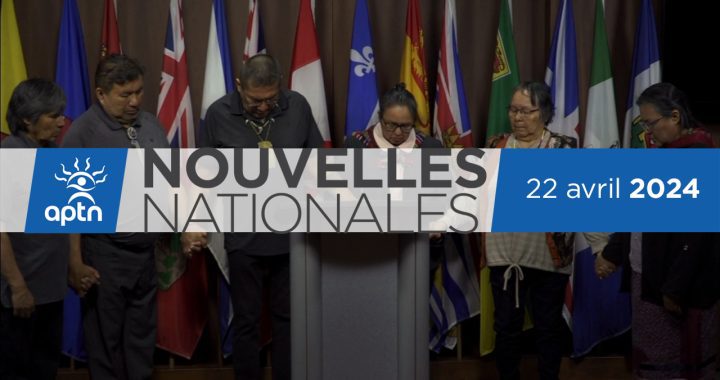The federal government says it will be spending another $1.2 billion to battle COVID-19 as the second wave continues to wreak havoc in Indigenous communities.
Indigenous Services Minister Marc Miller made the announcement Wednesday at a news conference in Ottawa. He said he was concerned with how communities are faring compared to the rest of Canada.
The latest numbers from Indigenous Services Canada (ICS) show that there are 4,384 active cases of COVID-19 in First Nations communities on-reserve. There were over 800 confirmed case this past weekend alone.
“These numbers continue to be alarming and are exceeding the national average and will continue to do so if gone unchecked,” Miller said. “We’ve seen recent outbreaks in remote and isolated communities and recent increases in cases that are both alarming and concerning. We must anticipate and prepare for more in the coming weeks and months.”
One part of the announced new money consists of $180 million for long-term care homes and home care in Indigenous communities to address the vulnerability of elders and to plug any gaps that exist in the system.
There is another $630 million for medical purposes including personal protective equipment, adapting existing facilities and for the hiring of additional medical staff.
Miller said that money will be administered over the next two years as “there may be many measures that we may have to implement for some time.”
Finally the feds have added an additional $380 million to the Indigenous Support Fund for critical on-the-ground community led solutions.
Miller stressed that this money has been essential in keeping communities safe with programs such as perimeter security and on-the-land initiatives.
An online statement says ISC has announced over $4.2B in specific COVID-19 support to Indigenous and northern communities and organizations as of December 18.
Valerie Gideon, senior assistant deputy minister for the First Nations and Inuit Health Branch of ISC, says the money to date has enabled Indigenous communities to take charge of their unique pandemic responses and to be less dependent on outside support.
“They are the one’s that have identified those needs and they are the one’s that have driven appropriate responses in their communities,” Gideon said at the press conference.
ISC says governments have stepped in where necessary and Miller refers to the Canadian military assisting outbreaks in the Shamattawa First Nation in northern Manitoba.
Last month the military was deployed to the community to support the response to a COVID-19 outbreak. Three weeks later the situation is now stabilized and the military has left the community in early January.
In terms of vaccinations, which have begun to roll out in Indigenous communities across the country, Dr. Tom Wong, the chief medical officer of public health for ISC, says they would like to have enough vaccines deployed to the territories to vaccinate 75 per cent of the population 18 years old and up.
“The plan for Q1 (first quarter) was to have enough for 75 per cent of the population,” Wong stated. “In December about 20,000 doses of the Moderna vaccine was deployed to the north and as we speak, this week, there’s another about 20,000 doses of the Moderna vaccine will be going to the territories.”
Wong said another 40,000 will be sent in February with 55,000 being shipped to the territories in March.
However, ISC admits there may be a problem with trust in the system when it comes to administering vaccines, especially since the death of Joyce Echaquan which accentuated systemic racism in health care system.
Miller says people have good reason to be mindful but he is relying on Indigenous communities to help educate their populations to the benefits of being vaccinated.
“What we’ve seen in some communities is really good uptake starting with the elders,” Miller says. “When people see their elders getting vaccinated they say to themselves ‘Well I’m a twenty five year old and if my grandmother can do it then I can do it.’”
Prime Minister Justin Trudeau has said that he wants all Canadians vaccinated by the end of September.
Although ISC doesn’t have a specific date to have all Indigenous people vaccinated, they are giving priority to remote communities. Southern locations such as the Mohawk communities of Akwesasne and Six Nations have been offered the option of receiving the Pfizer vaccine.
So while vaccinations are on-going and cases continue to sky-rocket, Miller stressed that people need to stay vigilant and follow proper health guidelines.
“Despite the light at the end of the tunnel, the next few months will be difficult,” Miller said.









